Will ChatGPT Disrupt Google?
The chatbot is arguably the biggest threat Google has ever faced.
(You’ll find the text version below this embedded video)
In case you haven’t heard, the artificial intelligence company called OpenAI recently unveiled ChatGPT, an AI-powered chatbot that’s taken the internet by storm.
ChatGPT is amazing. If you haven’t used it, I highly recommend you check it out because it’s free, it’s simple to use, it’s fun, and it’s informative.
That last characteristic is why some people think that ChatGPT—or more realistically, future versions of ChatGPT and similar products—are a major threat to Google.
ChatGPT is a large language model (LLM), which is a type of artificial intelligence model that’s trained to generate text that resembles human writing.
The technology underlying these models has advanced extremely quickly over the past few years. OpenAI’s GPT-3 model came out in 2020 and was significantly more powerful than GPT-2, which came out just a year earlier.
ChatGPT is even more advanced than GPT-3, but that’s not the only reason it’s created so much buzz. It also has a killer feature: the ability to interact with the model in a conversational way.
It only takes a second to load up the ChatGPT website and you can immediately start asking it questions.
Here I asked: “how do I get started investing?”
ChatGPT responded with a basic, but reasonable answer. I could have followed up with further questions, but I decided to completely change the subject.
Here’s me asking it for a good tuna casserole recipe and the top tourist attractions in Rome.
As you can see, ChatGPT can give me basic information on investing, recipes, and travel. That kind of sounds like what Google does, doesn’t it?
In fact, you could argue that the ChatGPT experience is even simpler and more pleasant than using Google.
If I ask one of those same questions in Google, I get a list of websites that I have to click through to and read, as well as some snippets from other websites. And if I have any follow up questions, I have to do another search.
Google actually takes more work for basic queries like these.
That said, this isn’t an apples-to-apples comparison. Google is a search engine, while ChatGPT is a large language model.
The way they provide information is completely different.
Google looks through hundreds of billions of webpages, analyzes them, and then shows you what it thinks are the most relevant webpages when you make a search query.
ChatGPT looks at the text you feed it through the chat interface and responds with a sequence of words that it thinks are most likely to follow that text based on patterns it’s learned from analyzing a huge amount of text data.
That means that its information is limited to the text data that the model was trained on.
Right away you can see that that’s a limiting factor for ChatGPT. In its current form, it can’t tell you anything about current events because its data set only goes up to 2021, and it has no way to access information on the internet in real time.
It also can’t help you with finding videos or images, information on local businesses, or products you might be interested in.
And not only can’t ChatGPT get you a lot of the information that you might need, there are some significant problems with the information that it does give you.
The biggest problem is that the answers it provides are sometimes flat out wrong. To make matters worse, ChatGPT often makes those wrong answers sound correct, which is obviously misleading to anyone who doesn’t know any better.
Another problem is that ChatGPT doesn’t cite its sources, which ties back into this idea that its information can sometimes be unreliable.
Just Getting Started
Admittedly, ChatGPT has a lot of drawbacks.
But even after considering these major limitations, I think that ChatGPT, and especially future versions of these types of chatbots, are the biggest threat to Google since it became the world’s No. 1 search engine two decades ago.
You have to keep in mind that this is just the first iteration of ChatGPT. It’s only going to get better and better. In the future, you can imagine that ChatGPT and other chatbots will incorporate information from the internet into their responses and they’ll come up with ways to provide sources.
Thus, while ChatGPT has limitations that keep it from taking on Google today, in the future, this is a legitimate threat to the company’s search business.
Google has to take this seriously and try to come up with a way to fight back.
Fighting Back
Now, there are a few things to consider when thinking about how successful Google will be at repelling this threat.
On the one hand, the company is known to have some of the most advanced artificial intelligence capabilities in the world. In fact, the firm has its own chatbot called LaMDA that’s currently not available to the public, but that’s considered to be extremely advanced.
So anything OpenAI and ChatGPT can do technologically, Google can probably match or exceed.
On the other hand, Google is facing what people sometimes call “the innovator’s dilemma.”
Even though the company may be capable of releasing a chatbot that fully or partially replaces its search engine, doing so would severely hurt its business.
The vast majority of the company’s $200 billion of revenues and $70 billion of profits come from the money that advertisers pay to place ads within Google’s search results.
Anything that reduces usage of Google’s search engine—even if it were Google’s own chatbot—would reduce those profits.
(In the future, chatbots might be monetized through advertising as well, but they’d likely be much less profitable products in their early stages).
Google’s Predicament
This is what established companies usually do: they see a potentially disruptive threat emerge, but they’re unwilling to make major changes to their business to confront that threat because a) they initially don’t know if the threat really is that big of a deal and b) it would result in a significant hit to their profits.
Google is facing that predicament. Chat-GPT seems like it could be disruptive, but is the company willing to turn its business upside down to confront it? Probably not.
At the same time, Google is constrained by public perception. Can you imagine the uproar if the company simply provided synthesized information through a chat interface without giving credit to any sources? There would be a big backlash from all the businesses that depend on Google to drive them traffic, as well as politicians and regulators.
As a result, Google will have to fight off the chatbot threat without completely destroying its current search and ads business, while appeasing all of the parties that are closely watching everything that they do.
Multisearch
Still, it’s not all bad news for Google. The company is evolving its search capabilities in a way that text-based chatbots might initially have trouble competing with. If you’ve used the Google app lately, you’ll see that you can search using images. And not only that, you can search using images and then add additional information to your search query with text.
For example, you can take a picture of a dress and then ask for one in a different color.
Google calls this multisearch, where you search using both images and text.
In the future, it’s likely that people will increasingly search in this way, using a combination of images, audio and text—especially if we get new computing form factors like augmented reality glasses.
So, we’ll see what happens. Ultimately, competition for Google is a good thing. After years of little to no change, the way we find information is going to evolve in a major way in the coming years.

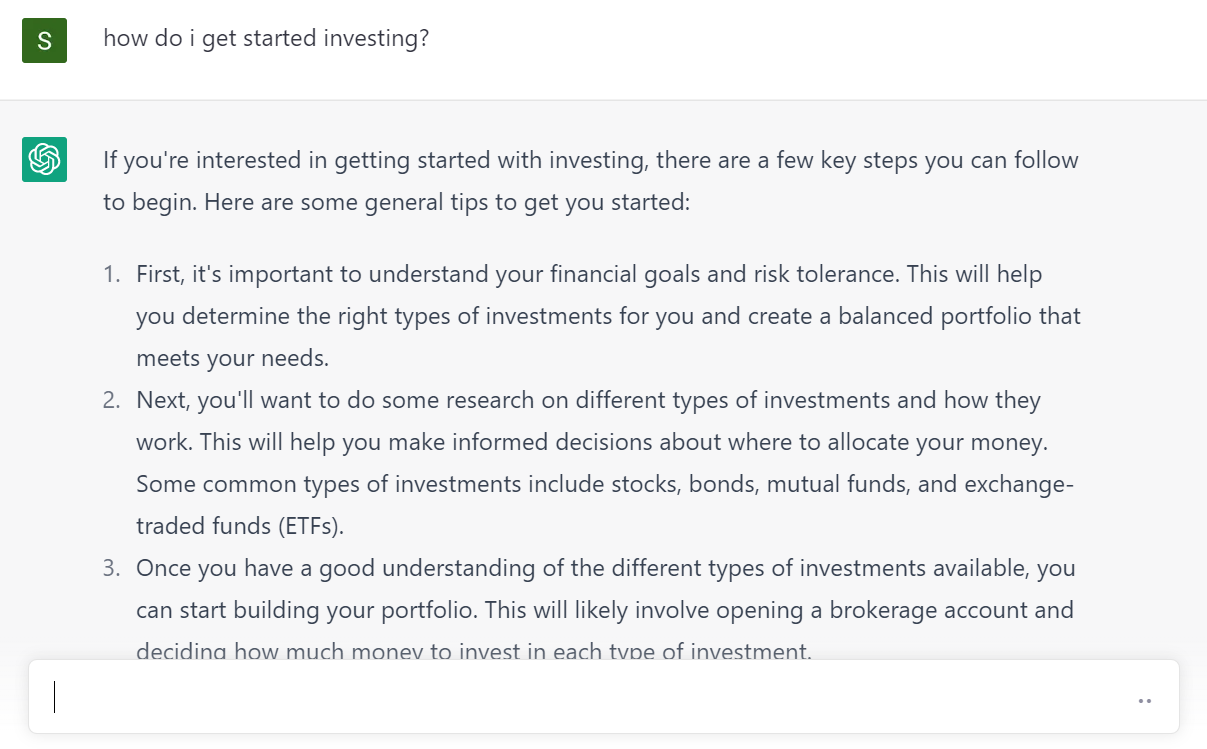
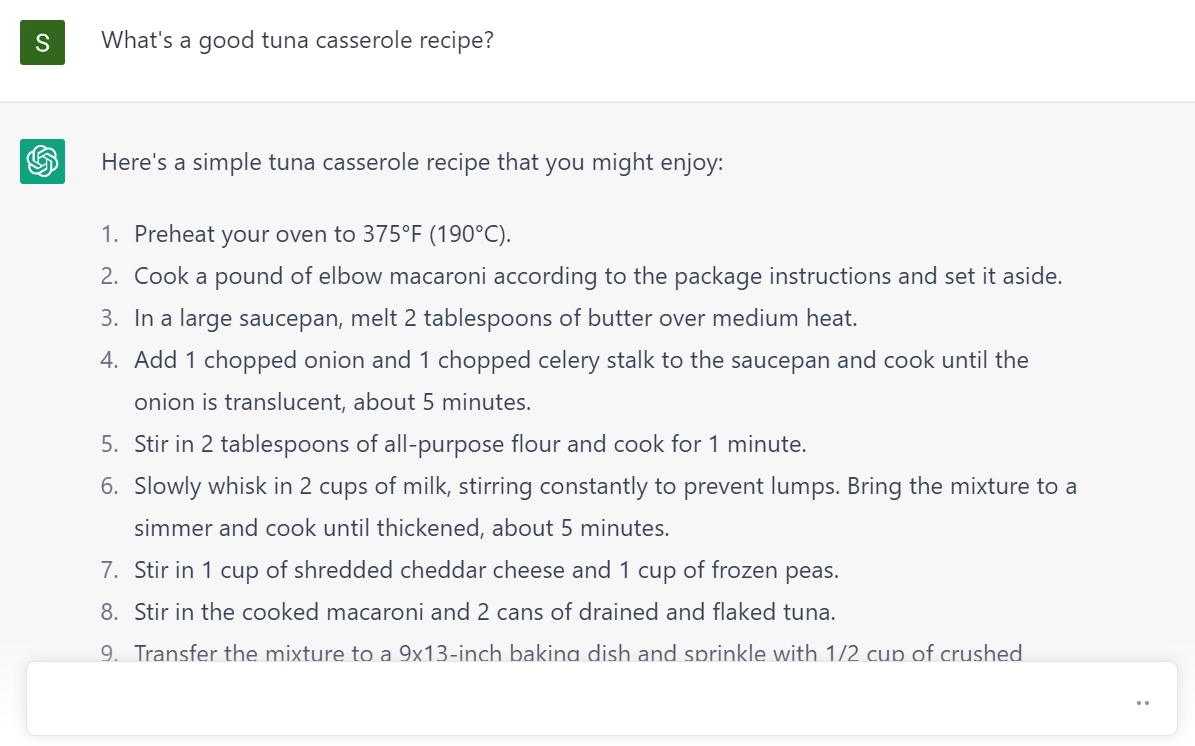

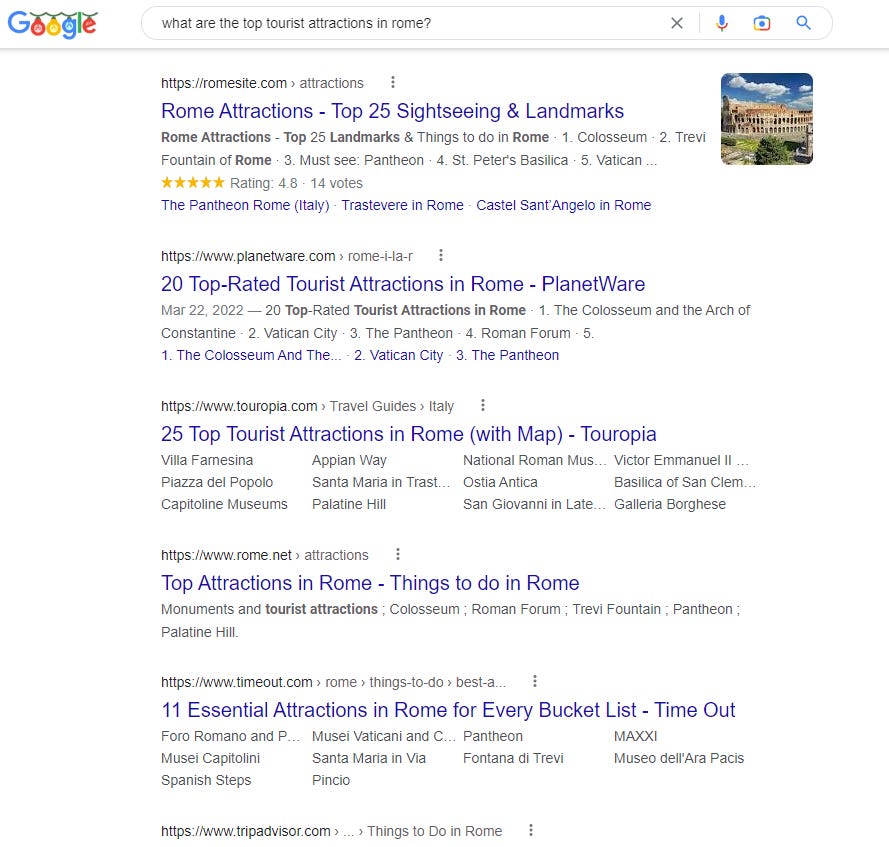


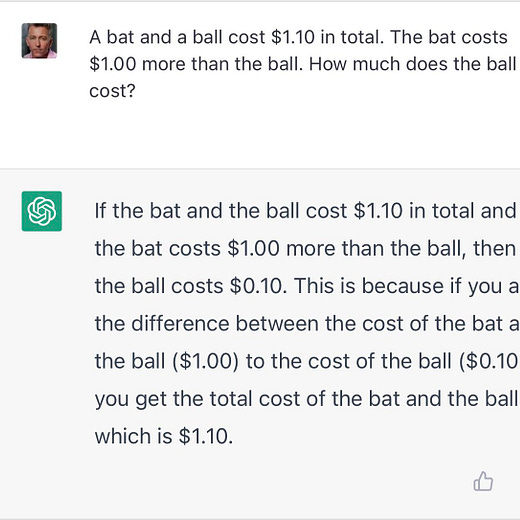
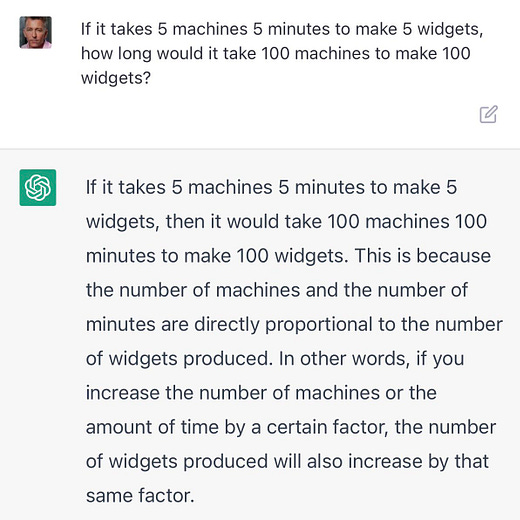
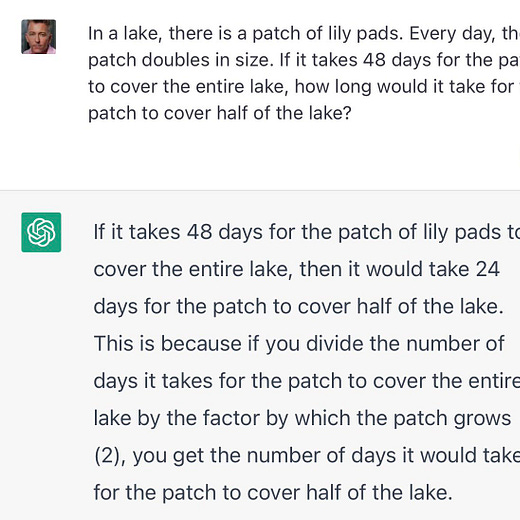
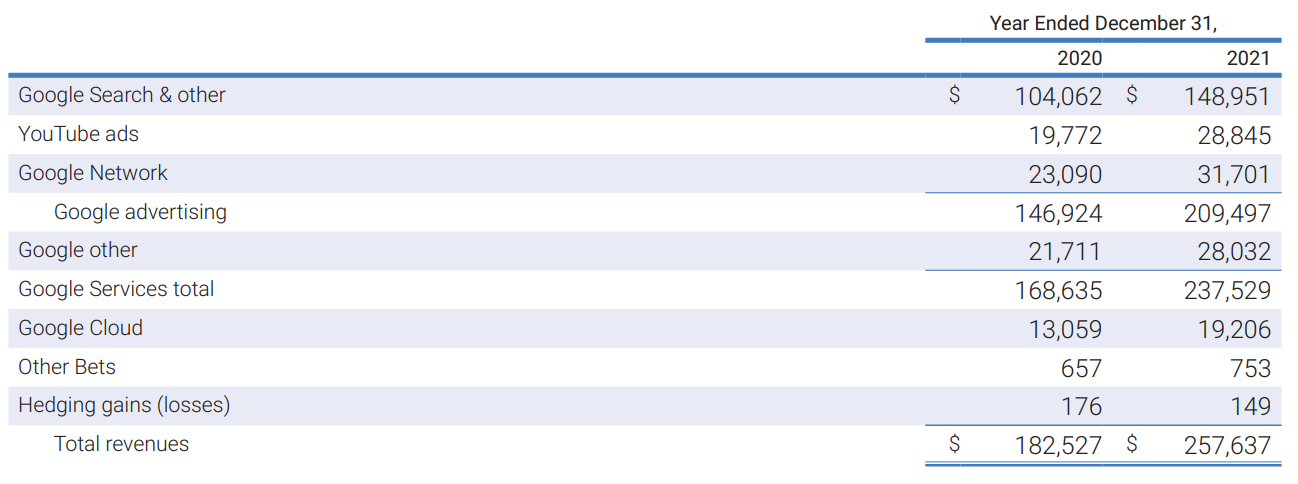
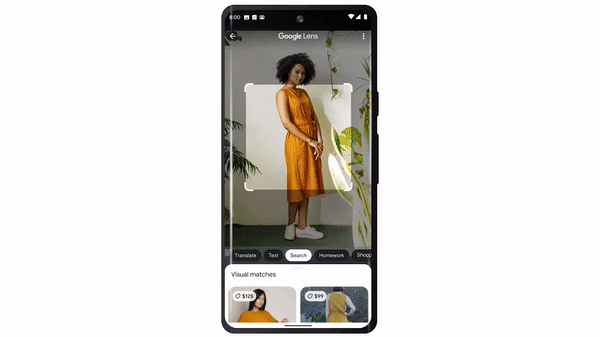
Thorough analysis! I installed the ChatGPT Chrome extension. Everytime I do a Google Search, I also get ChatGPT's response on the side panel. There's no way it can replace Google Search anytime soon. This might also be a way for Google to address this - show both results.